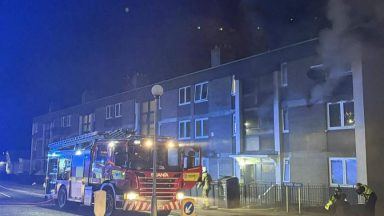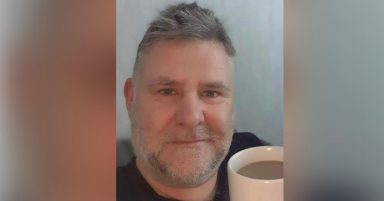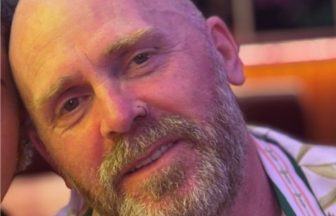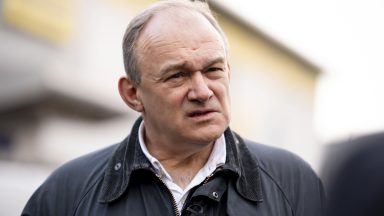Plans to trial a safer drug consumption room in Edinburgh look set to go ahead after it was confirmed users of one proposed in Glasgow would not be charged.
In a major development, Scotland’s Lord Advocate said it “would not be in the public interest” to prosecute for simple possession offences.
Westminster followed by saying it would not intervene in plans by Glasgow to open a drug consumption room.
It means proposals for a pilot consumption room in the capital – previously hampered by legal difficulties – are now far more likely to become a reality, potentially within months.
The results of a feasibility study looking into the “local appetite” for such a facility, where one could open and its potential to reduce harm are set to be presented to councillors later this month.
Councillor Finlay McFarlane, who called for the study to be undertaken, said the announcement this week was a “massive step” forward.
“I would hope we aren’t talking too long term about implementation,” he added. “That’s also for us as politicians to really drive this forward. We need to see that study, take a beat to consider it and what it recommends and then proceed with full speed as far as I’m concerned.”
Figures published last month showed that whilst drug deaths fell across Scotland last year, they rose slightly in Edinburgh with 113 recorded, up from 109 the year before.
Those who support opening facilities where people can inject drugs under supervision, also called Overdose Prevention Centre (OPCs), say they have the potential to be lifesaving and are essential to tackling Scotland’s drug death rate, which remains the highest in Europe.
However, critics argue they would encourage drug use and that funding would be better directed toward addiction services.
Ant Lehane from harm reduction charity Cranstoun said a typical OPC with seven booths could do around 143 injections a day. “Given that I don’t believe anyone’s ever died in an OPC before, that’s quite a significant number,” he said.
He added: “There’s three different ways of doing it; you could do it with a vehicle that moves, a semi-permanent location or you could do it in a completely permanent location.
“One of the big benefits of an OPC is it drives people towards pathways into treatment. Often, these cohorts are the ones charities like ours struggle to reach. If people are engaging with medical professionals up to twice a day or more than twice a day via an OPC that’s only positive, that will only reduce harm.
“Previously someone might have been getting to the point where they’re injecting deep into their leg and develop deep vein thrombosis and are at the point of needing to get amputated where actually if somebody is being checked by health professionals twice a day it hopefully won’t get to that point.
“The reality is that a lot of these people are in really bad ways and actually if we can just reach them to start engaging then it’s a positive mechanism.”
The report to councillors this month will include recommendation of ‘models and neighbourhoods where which there is evidence of need for a DCR, how many people would be expected to use the unit, how many overdoses reversed, and blood borne virus transmissions prevented’ and an ‘indication of the less tangible benefits such as anti-stigma impact of this compassionate approach’.
It is understood the findings will form the basis of a proposal to set-up a drug consumption room pilot, most likely in the city centre, which would be put to Lord Advocate Dorothy Bain like Glasgow’s to get confirmation users would not be prosecuted.
Another councillor to have repeatedly backed the introduction of an OPC since his election to to the council last year, Euan Davidson, said: “At this point we need to concentrate on moving forwards. It’s a fantastic step, we need to act on it as soon as possible.
“I think the discussion we can have now when the feasibility report comes back is what do we actually want this to look like, what form do we want it to take, rather than can we actually do it?
“We need to be guided by the medical experts on this. I will absolutely be pushing for this to happen as soon as possible, there’s a clear urgency but we also need to get it right because I am nervous that if we go for a model that is too medicalised or too restrictive that we end up with this not achieving its aims.
“It needs to be a properly socially inclusive model that treats drug addiction in the round, not just as a medical issue.”
Cllr McFarlane said: “People currently are dying unnecessarily from drug overdoses and we need to do everything and anything we can do to stop them from dying.
“How can you recover if you die?”
He said drug addiction can affect “literally anybody, adding: “It could be me next.”
“It could be anybody that can fall into that cycle,” he said.
“All these deaths are entirely avoidable. An overdose prevention site is about saving lives.”
Follow STV News on WhatsApp
Scan the QR code on your mobile device for all the latest news from around the country


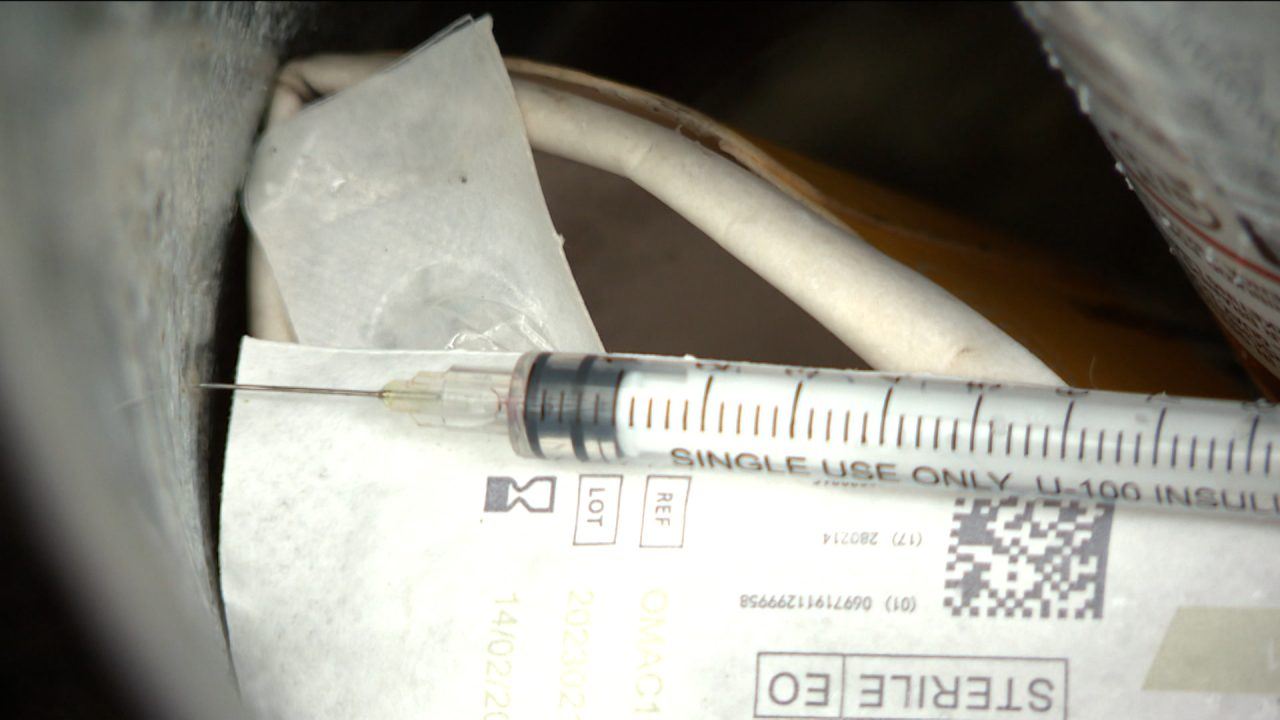 STV News
STV News






